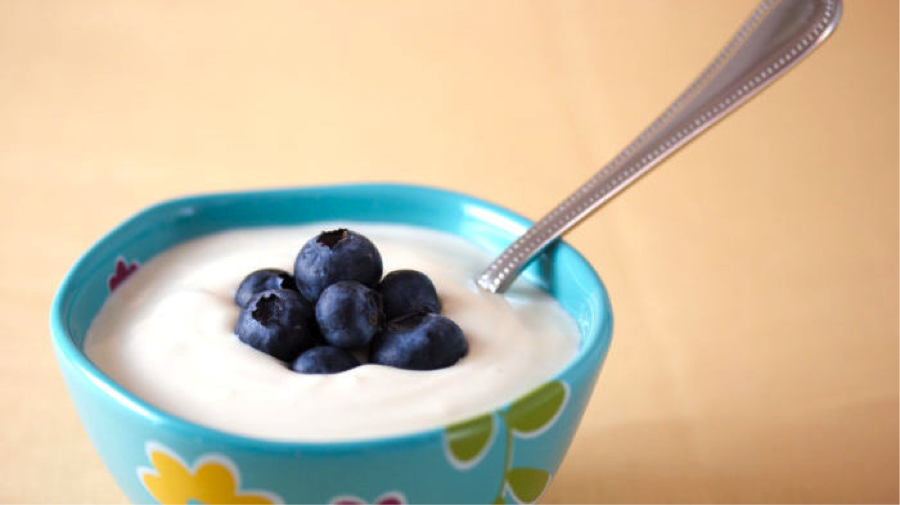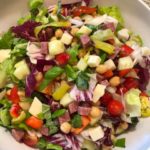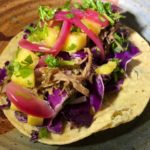Diagnosed with Hashimoto’s Disease? 5 Foods You Should Never Eat . . . Plus One “Good For You” Food!
If you’re living with Hashimoto’s — an autoimmune disease that involves the body essentially attacking the thyroid — then you know how important it is to make choices that help you feel good every day. Trying to deal with symptoms such as weight gain, chronic fatigue, muscle weakness, joint pain, and more, can feel overwhelming and, on some days, defeating. So, it’s crucial to be aware of your daily behaviors, including what you’re choosing to eat.
The 5 foods listed below should raise a red flag to anyone with Hashimoto’s. Here’s why you should avoid or limit your consumption of them.
1. Cruciferous Vegetables – Avoid Them Raw
If you have Hashimoto’s, think twice about eating these raw. This group of vegetables, including cabbage, broccoli and cauliflower, contain glucosinolates (substances known as goitrogens that disrupt the production of thyroid hormones). More specifically, these glucosinolates are blocking iodine, which is essential in making those hormones. Small amounts of raw goitrogenic veggies have not been found to aggravate the autoimmune thyroid, so don’t eat them raw. However, and eating these cruciferous vegetables cooked is a much safer option.
2. Canola Oil – Avoid Completely
Speaking of goitrogens, canola oil is another that should be avoided. Try avocado oil or coconut oil and beware of processed foods that may contain canola oil, like salad dressings, mayonnaise, margarine and others. Read the labels and specifically the ingredients label!
3. Soy – Avoid Completely
Yet another goitrogen that can be detrimental to Hashimoto’s patients. Unlike with cruciferous vegetables where cooking them eliminates the concern, soy contains the goitrogens even after cooking. For some, consuming soy can cause a thyroid crash, leaving you feeling drained and exhausted the day after eating it.
4. Avoid Excessive Amounts of Omega 6 Foods
Our bodies require both omega-3 (reduce inflammation) and omega-6 (promote inflammation) fats, but it’s important to strike a balance and most of us are consuming way too many omega-6 fats. This can be problematic for most people, but even worse for those with Hashimoto’s, who already have some level of inflammation. Vegetable oils, for example, have a high content of omega-6 fats. Opt for olive and sunflower oils, or flaxseed oil, known for its omega-3 content. For those who enjoy meat, organic, grass-fed beef has fewer omega 6 fats than corn-fed beef.
5. Gluten – Remove as Much as Possible
Gluten increases intestinal permeability, which can lead to what is called “leaky gut.” If you have Hashimoto’s, you more than likely have some degree of gluten intolerance. Removing gluten from your diet helps reduce inflammation and increases the absorption of many nutrients. If you have leaky gut already, explore repairing it with the addition of collagen peptides into your diet, as collagen can help repair your intestinal lining.
To Help Heal, Eat More Probiotics … and Collagen
They are a great natural way to increase or rebalance gut flora (the good bacteria) – increasing the probiotics in your diet, and repairing your intestinal lining – increasing collagen in your diet. When choosing foods such as yogurt with probiotics be sure to consume a natural kind, one without too much or any sugar (many yogurt brands include 4 ½ teaspoons of sugar per 6-ounce container!).
Eating fermented foods such as sauerkraut, kimchee, and other pickled veggies can also offer gut-balancing benefits. Eating more foods with collagen in it such as bone broth, fish skin, chicken skin or taking daily collagen peptides can also help improve your gut health.


 Your email address will never be shared, period.
Your email address will never be shared, period.










